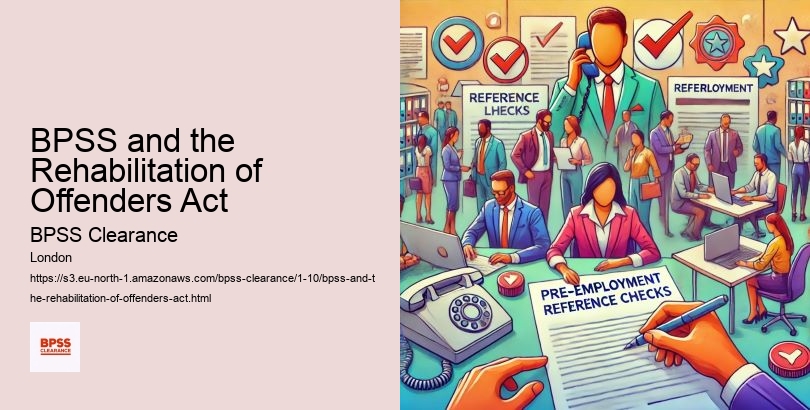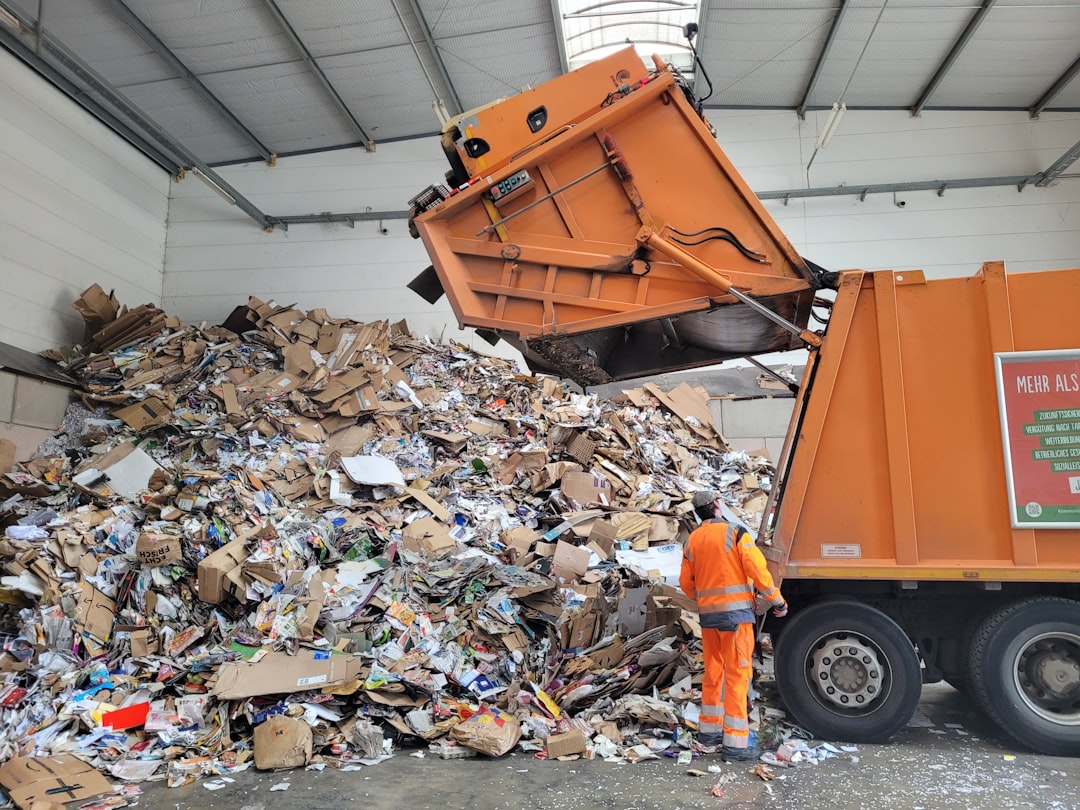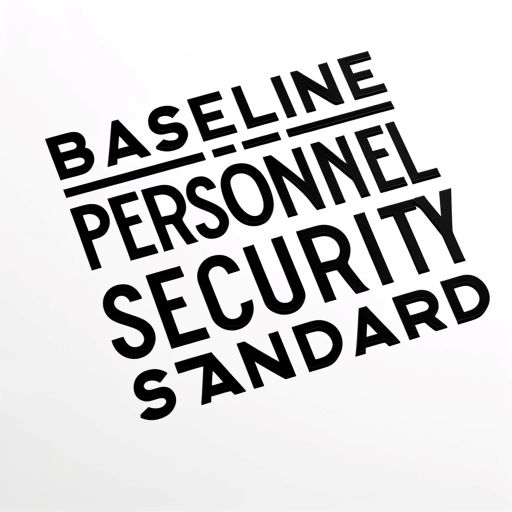

Ensuring that all employees undergo BPSS clearance before taking on roles that involve access to sensitive information is key to maintaining operational security and complying with national security regulations. The detailed guidelines of BS7858:2019 make it indispensable for security-sensitive industries looking to uphold the highest standards of reliability and safety. During the renewal process, you'll need to undergo re-verification of your right to work, identity, criminal records, and employment history to confirm continued eligibility.
Finally, while both BPSS and BS7858:2019 are crucial for their respective fields, the choice of which standard to apply depends on the specific needs of the organization and the nature of its work. For compliance, it is vital that employers keep records of the documents checked as part of the right to work process.
The integration of digital technologies has streamlined the BPSS clearance process, making it more efficient and less prone to errors. Organizations must understand the differences to ensure they are implementing the correct type of check for their specific needs.
Temporary staff within government organizations may also need a BPSS check as part of pre-employment screening procedures. speed up your recruitment process using bpss clearance services that are fast , accurate and affordable. These records must be stored securely and retained for the duration of the employee's employment and for two years afterwards, as stipulated by the Home Office.
These components ensure that the individual is appropriately vetted for security-sensitive positions but do not delve into extensive criminal history unless necessary for the role. These documents are essential for confirming your eligibility and identity during the clearance process. The right to work check under BPSS serves as a legal safeguard that prevents illegal employment.
Candidates can upload necessary documents directly through secure online portals, which are immediately accessible to HR departments and vetting personnel.
Discover what employers verify during BPSS checks.

Posted by Jasmine Roberts on 2024-05-10
Learn the essential requirements for BPSS clearance approval.

Posted by Jasmine Roberts on 2024-04-27
Learn the differences between BPSS and CTC clearance.

Posted by Jasmine Roberts on 2024-02-10
Find answers to the most common BPSS questions.

Posted by Jasmine Roberts on 2024-01-25
Completing BPSS successfully indicates that an individual has met the baseline requirements for trustworthiness and reliability, which are essential for more in-depth investigations. The speed with which candidates supply these details can significantly affect the overall timeline of the BPSS clearance process. The use of digital platforms in the BPSS process facilitates better communication and document management.
Transportation officials, especially those involved in overseeing or managing public transport security, require BPSS clearance due to the potential risks associated with transportation infrastructure and mass transit systems. Individuals undergoing BPSS checks must often comply with the stipulations of this act, as it forms the legal backdrop against which security breaches are adjudged.
This means that all personal information collected during the BPSS process must be handled in a way that is secure, confidential, and limited to purposes explicitly related to the check. In contrast, BS7858:2019 requires that the screening process is updated every three years, or more frequently depending on company policy, to ensure that the security status of employees does not change over time. BPSS status
This clearance process confirms key details such as identity, work rights, trustworthiness, honesty, and integrity, ensuring that only qualified and reliable individuals are granted access to sensitive data. DBS checks are more detailed and can include checks on spent and unspent convictions, cautions, reprimands, and warnings held in the UK Police records, depending on the level of check required.

Unspent criminal records refer to offenses that haven't yet been spent under the Rehabilitation of Offenders Act 1974. This eliminates the delays associated with physical mailing and reduces the risk of documents being lost or mishandled. Individuals with unspent criminal records may face additional scrutiny or even be rendered ineligible for roles requiring BPSS clearance.
In these sectors, verifying the eligibility and trustworthiness of individuals handling government-related tasks is essential. For example, individuals who have frequently moved or changed jobs may require more extensive checks on their background, thus extending the process.
These records play an important role in the BPSS clearance process as they're thoroughly evaluated during background checks. However, for positions where exposure to SECRET and TOP SECRET information is probable, BPSS stands out as a fundamental baseline standard ensuring the trustworthiness and eligibility of individuals in sensitive roles.
It guarantees a secure work environment by verifying essential personal and professional details, affirming trustworthiness, and upholding honesty and integrity. Baseline Personnel Security Standard (BPSS) and Disclosure and Barring Service (DBS) checks are two distinct types of background checks used in the United Kingdom, each serving specific purposes.

DBS checks, on the other hand, are regulated by the Home Office and are designed to prevent unsuitable people from working with vulnerable groups. This step ensures that the individual has the right to work and is not illegally residing in the country, which is particularly important for maintaining lawful employment practices in sensitive environments. Understanding the nuances of this screening procedure could shed light on its significance in today's security-conscious landscape.
Your proof of identity, employment history, and national and immigration status play an essential role in this process. Proper identification is the cornerstone of the BPSS clearance process and helps maintain the integrity of the workforce within protected sectors.
Such issues require additional investigation and possibly further documentation, which can prolong the process. This legal framework ensures that BPSS checks are conducted in a manner that is secure, ethical, and compliant with the broader objectives of national security and public safety.
This ensures that any changes that might affect an individual's security status are identified and managed effectively, maintaining continuous security compliance. Renewal is required after the 3-year period to maintain access to government assets.3.


This process is crucial in safeguarding the nation's security infrastructure and upholding public safety standards. Providing a valid passport or driver's license is essential for verifying your identity when applying for BPSS clearance. They work in environments with young and vulnerable individuals and must ensure a safe and secure educational setting.
Typically in the UK, a standard BPSS check may range from £50 to £100. While DBS checks are significant for specific sectors like healthcare and education, BPSS is tailored for individuals with access to government assets and secret information. To guarantee a thorough evaluation of candidates, organizations typically follow these steps:Applicants need to provide documents like a passport or driver's license to confirm their identity.
Be honest and consistent to avoid failing the BPSS check. This step ensures that the candidate is who they claim to be and helps prevent identity fraud.
DBS checks are available in three levels: Basic, Standard, and Enhanced. To continue accessing government assets, renewal of your BPSS clearance is necessary after this 3-year period.
Follow these steps to guarantee a thorough BPSS clearance:1. **Verify Right to Work:** Check the individual's legal right to work status in the country.2. **Conduct Identity Check:** Authenticate the person's identity through official documents like passports or driver's licenses.3. **Check Criminal Records:** Perform a background check to identify any criminal history that could pose a risk.4. **Confirm Employment History:** Validate the accuracy of the individual's employment history to ensure transparency and honesty. These technologies provide an additional layer of security by ensuring that the identity information provided by the applicant matches biometric data, further securing sensitive positions within government and related sectors.

While a criminal record check focuses solely on an individual’s criminal history, BPSS Clearance includes identity verification, employment history review, and right-to-work checks in addition to criminal records.
Roles in IT security, government services, defense contracting, and public sector administration often require BPSS Clearance due to their access to sensitive information and secure systems.
Once a BPSS application is submitted, the employer reviews the documents, verifies references, and conducts identity and background checks before granting clearance.
Renewal of BPSS Clearance depends on the employer’s policies and job-specific requirements. Some employers may require periodic reviews to maintain clearance validity.